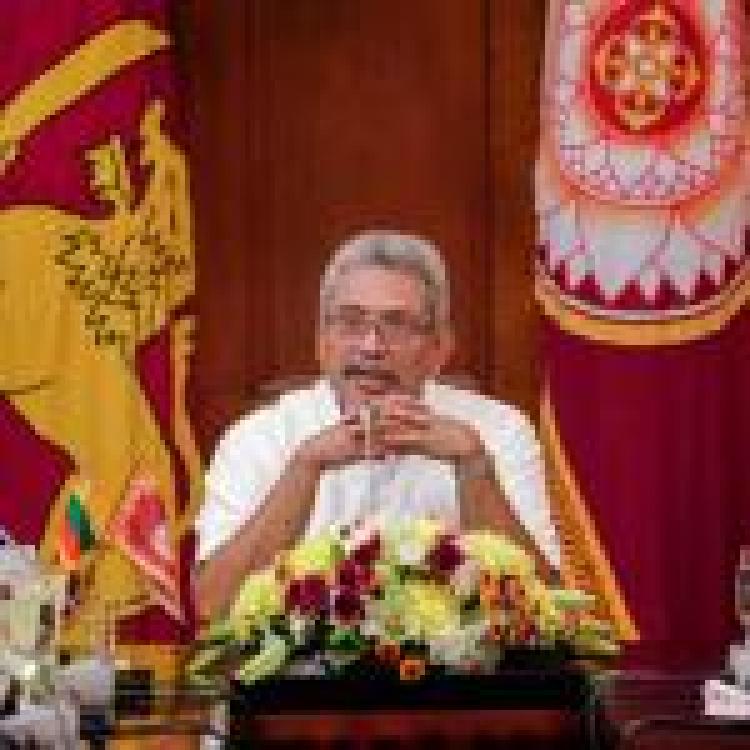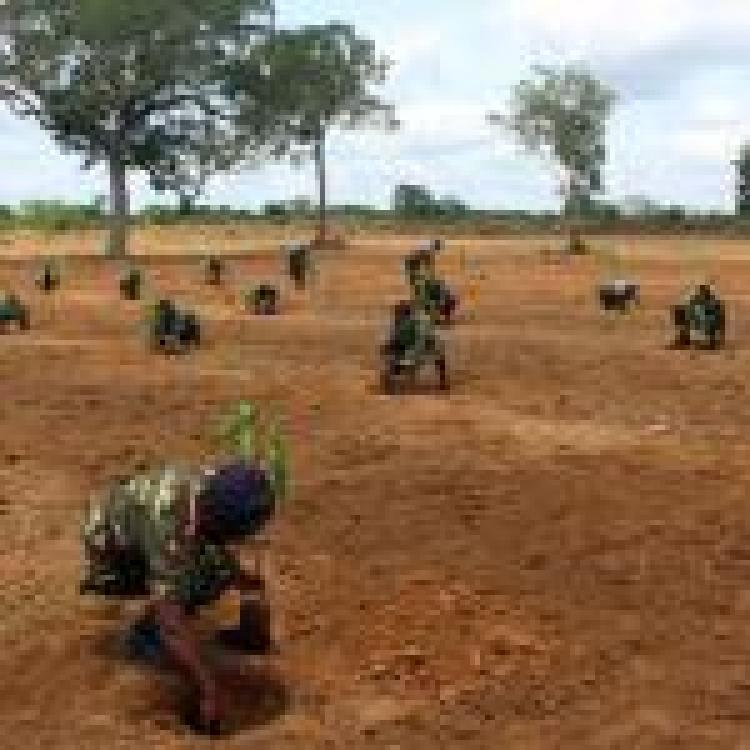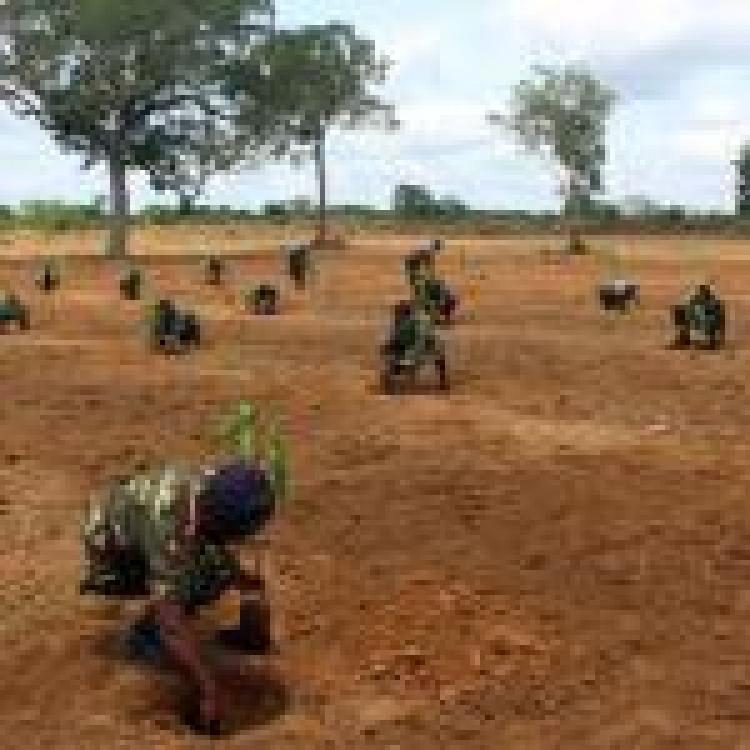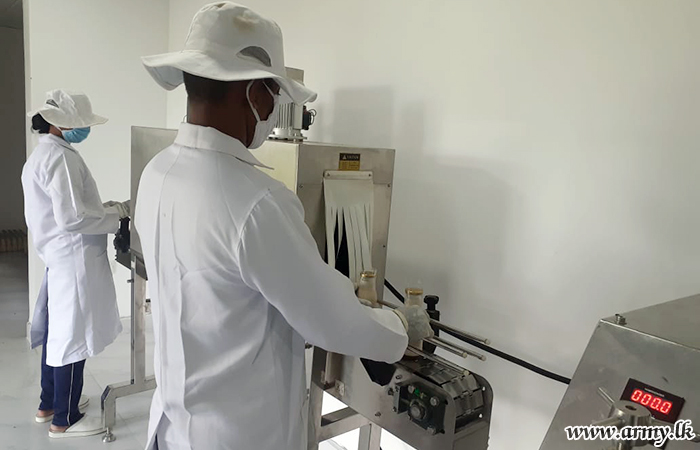
Army officers carry out milk production procedures - Photo: Army.lk
Sri Lankan army officers have started their own fresh milk production, which the army states is another project in becoming “self-sufficient in essential commodities”, according to the army’s official website.
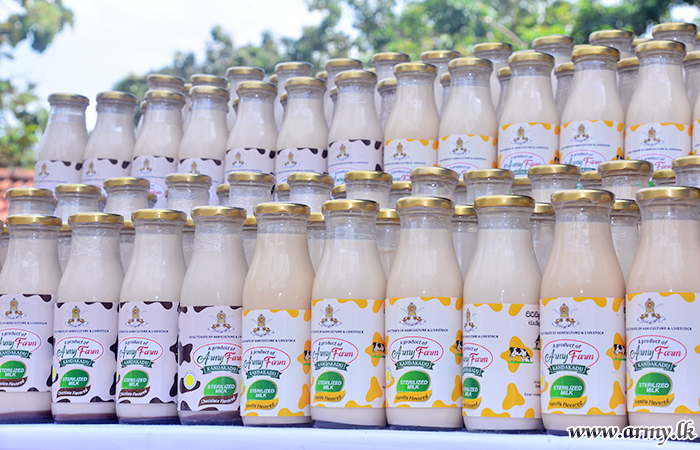
Photo: Army.lk
The officers commenced the production of fresh milk, earlier this month at Kandakadu Army Farm in North-West Sri Lanka, in response to the “increased milk demand among Army personnel” and claims that the farm consists of “35 army personnel trained for production of milk and dairy products”.
The Sri Lankan army, one of the largest army’s in the world, with around 245,000 active army officials, has taken up a number of civilian roles over the years such as in farms and crop production, in an attempt thought to validate as well as sustain the exceptionally high ratio of army officers to civilians on the island, particularly in the North-East.
Last month, a report released by the UK Foreign Commonwealth and Development Office (FCDO) raised questions concerning increased militarisation of civil society, indicating that the military “was given oversight of further civilian functions, and military appointments to government roles included individuals accused of war crimes”.

